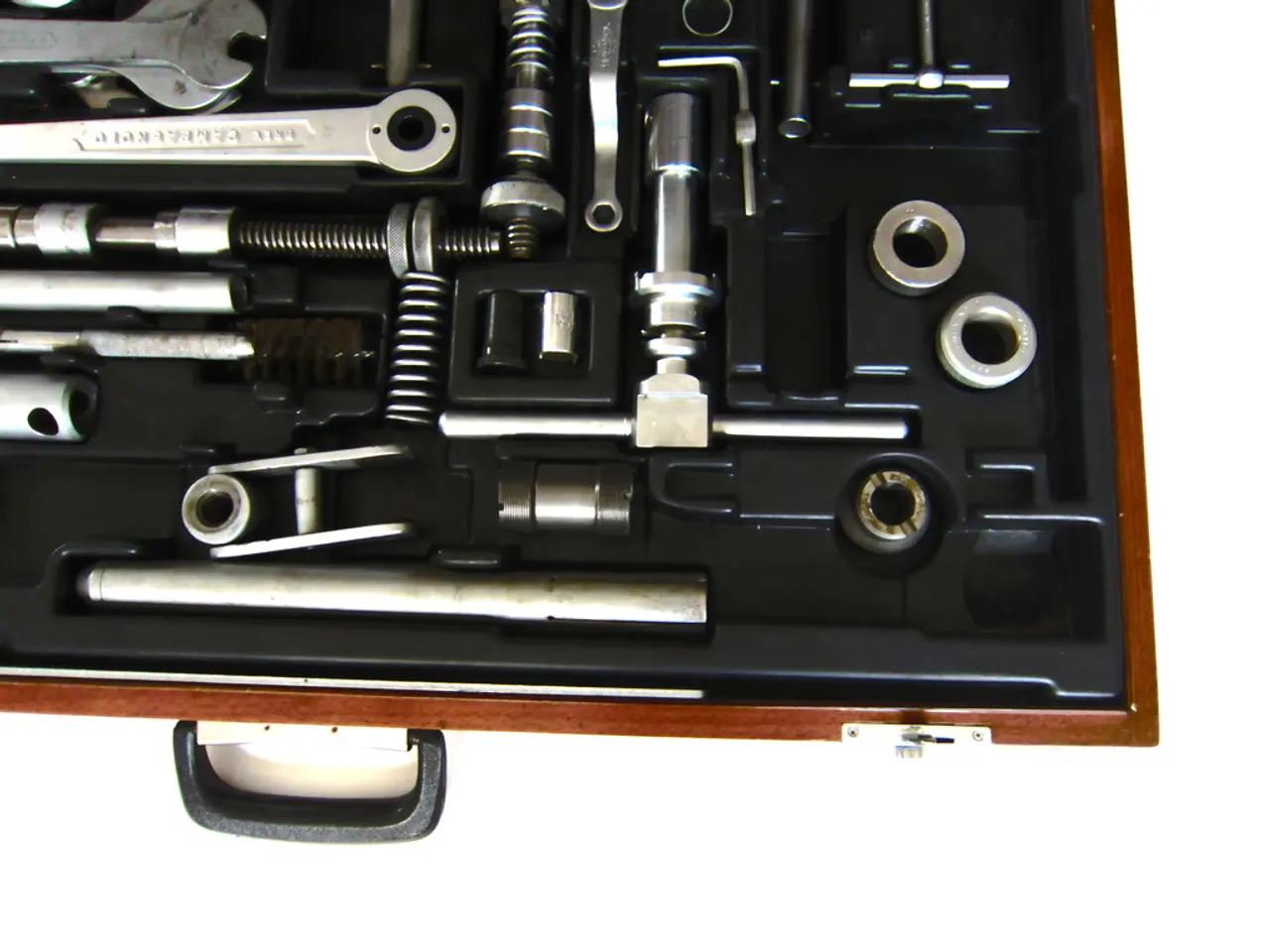Auto manufacturers are turning to humanoid robots as their latest strategy in the industry, a development that is indeed underway.
The automotive industry is exploring a new frontier in its quest for efficiency and sustainability: humanoid robots. While still a topic of conversation, the shift towards humanoid robots in electric vehicle (EV) manufacturing is driven by the need to address labor shortages, improve production efficiency, and handle complex assembly tasks.
The potential benefits of this approach are significant. Humanoid robots can operate continuously without fatigue, addressing critical workforce gaps, as seen in China where a shortage of 30 million workers has pushed automation efforts. They can also take over ergonomically awkward and physically tiring tasks, reducing workplace injuries, and increase productivity and flexibility by working 24/7 and operating autonomously.
Moreover, integrating humanoid robots can accelerate digitalization and sustainability goals within carmakers’ "smart factory" visions. However, this transition is not without challenges.
Job displacement concerns are at the forefront of societal and ethical debates. The rise of humanoid robots may lead to workforce reductions or displacements, fueling discussions about the future of manufacturing jobs and the need for reskilling. Additionally, humanoid robots that can perform complex tasks safely in close cooperation with humans require sophisticated AI, hardware, and control systems, which are still under development and costly to implement.
Some industry experts remain skeptical about the feasibility or cost-effectiveness of humanoid robots as a fallback to EV production, fearing it may be an impractical or desperate strategy rather than a sustainable solution.
Once a pioneer in humanoid robot development, General Motors is now joined by many of its competitors in exploring this avenue. Companies like Tesla, which is currently facing financial losses, are also considering this option. Adam Jonas, Head of Global Auto & Shared Mobility Research at Morgan Stanley, has even suggested that manufacturers should focus on humanoids instead of EVs.
However, General Motors CEO Mary Barra is not entirely convinced that robots are the answer for the automotive industry. The question of whether an expansion of horizons is required for other major automotive manufacturers remains open.
Interestingly, Hyundai stands out in the industry as it sells robots while also owning Boston Dynamics, a leading company in robotics technology. The strong market for robots of various types, including humanoids capable of performing various jobs and tasks, indicates a promising future for this technology in the automotive sector.
In summary, the shift towards humanoid robots in EV production aims to mitigate workforce challenges, improve operational efficiency, and future-proof manufacturing. However, it must balance economic costs and societal impacts carefully to ensure successful adoption.
- The automotive industry's exploration of humanoid robots in EV manufacturing is driven by a need to address labor shortages and improve production efficiency.
- Humanoid robots can operate continuously without fatigue, reduce workplace injuries, and increase productivity, making them ideal for addressing critical workforce gaps.
- Integrating humanoid robots can accelerate digitalization and sustainability goals within carmakers’ “smart factory” visions, but this transition is not without challenges, such as job displacement concerns and the high cost of implementing sophisticated AI and control systems.
- Companies like Tesla, facing financial losses, are considering humanoid robots as an option, while General Motors' CEO Mary Barra remains skeptical about their effectiveness for the automotive industry, leaving the question of whether other major automotive manufacturers should expand their horizons open.




